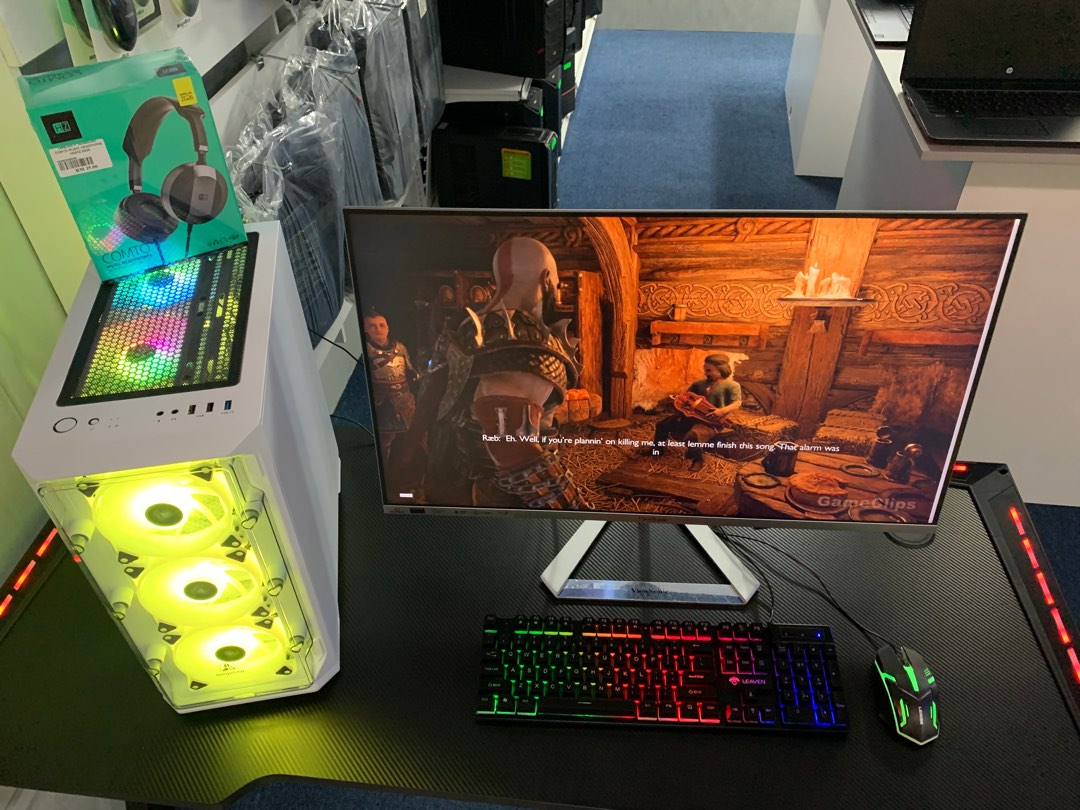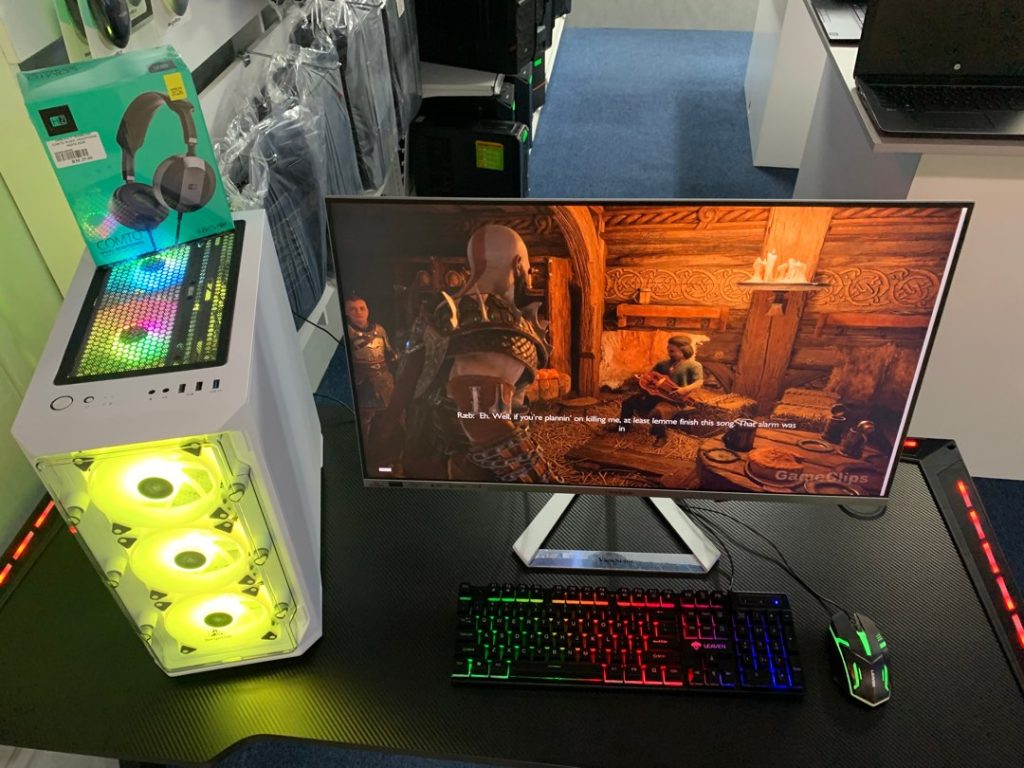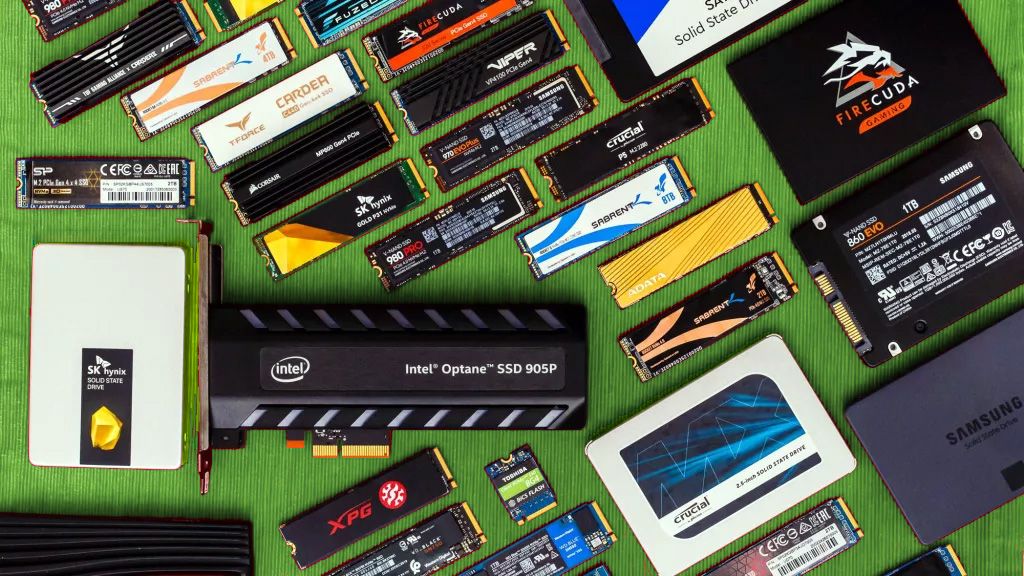
How to Troubleshoot Common Gaming PC Problems
admin
- 0
In today’s World with a lot of information from videos that are made from beginners to experts, we at Prime Tech Support receive computers every day for repair due to lack of good troubleshooting or assembly.
From Miami to gamers worldwide, Prime Tech Support is here to provide tips and how to improve your gaming experience. Prime Tech Support, your trusted partner in the dynamic world of gaming computer repair, with over 25 years of experience, we bring you insights into troubleshooting common Gaming PC problems based on what we do every day and the common issues we receive to fix every day.

What are Some Common Gaming PC Problems?
Gaming is a passion that fuels your virtual adventures, but encountering technical glitches can ruin your day. With so many gaming computer repairs that we perform every day, we created a collection of the ones we have seen the most.
In this comprehensive guide, we explore the most prevalent gaming PC problems and offer effective solutions to issues such as Gaming Computer crashes, Game Lagging due to lack of resources, Gaming PC not turning on or DOA (Dead on Arrival) -This is how we named these computers-, Gaming PC Black Screens, Gaming PC Blue Screens, Gaming PC with slow performance, Gaming PC not connecting to the Internet
Common Gaming PC Problems
1. Computer Crashes When Playing Games
As the adrenaline surges during intense gaming sessions, sudden crashes can be frustrating. Some samples of this issue are the screen staying black, blue screen or sometimes the screen shows artifacts
What causes your computer to crash while playing?
- Overheating is the number one cause, especially if you haven’t done a hardware tune up to your computer.
- The second cause is the lack of resources, as you may know when you got your computer for the first time you built it or bought it for an initial requirement, but with time your games and applications start asking for more memory, processing, power, and video. In these cases, we recommend upgrading based on the requirements that your games or apps are asking for.
- Another cause is the drivers, remember that windows send you updates every now and then automatically and when that happens you may need to update your video drivers or even the bios for your motherboard.
2. Game Lagging on PC
Nothing disrupts gameplay like lag. This issue is presented when your gaming pc is having memory issues, video and/or software configuration issues.
How To Fix Game Lagging?
- Memory Upgrade: check the task manager and if your memory consumption is reaching 75% or more, it is time to upgrade the memory ram. Check the motherboard and if you can upgrade try to put twice of the ram you are using at the moment.
- Video Drivers update: if your memory consumption is in good condition then check the drivers. Go to the manufacturer’s website and download the latest drivers for your GPU.
- Motherboard Drivers update: highly recommended once you do video drivers update. Go to the manufacturer’s website and download the latest version that is compatible with your computer components. Try to update one version at a time, it is a good practice to update to the next available depending on the version you have currently installed.
After this basic troubleshooting is completed and you still have the issues, we highly recommend reviewing the cooling system, motherboard, CPU or other hardware issues. You may need to hire a computer professional to fix the lagging on your PC. We at Prime Tech Support can help you with your Gaming PC Repairs.
3. Gaming PC Not Turning On
This is one of the most complex issues to repair. In our experience, most of our customers tend to fix their units using videos or documentation they find on the internet, but sometimes by doing so, the issue becomes worse than the original issue because of the lack of experience on how to handle these types of situations.
How To Fix a Gaming PC Not Turning On
- The first step should be checking the power supply. We need to make sure your power supply or PSU is providing the right power to your Gaming PC.
- Second step, if the power is OK then you need to check the GPU. In this case we recommend installing your GPU on another computer to make sure your GPU is working. If your GPU is OK, then you need to do step #3.
- The third step is to check the RAM, Motherboard and processor. Remove the RAM and clean the slots and if that does not help then you need to concentrate on the Motherboard and CPU. To test the motherboard, you need another CPU to make sure the board is responding. If the motherboard works, then you move to test the CPU by swapping it with another one. Last option, if none of the steps worked for you, we highly recommend contacting a computer technician to help you with the troubleshooting.

